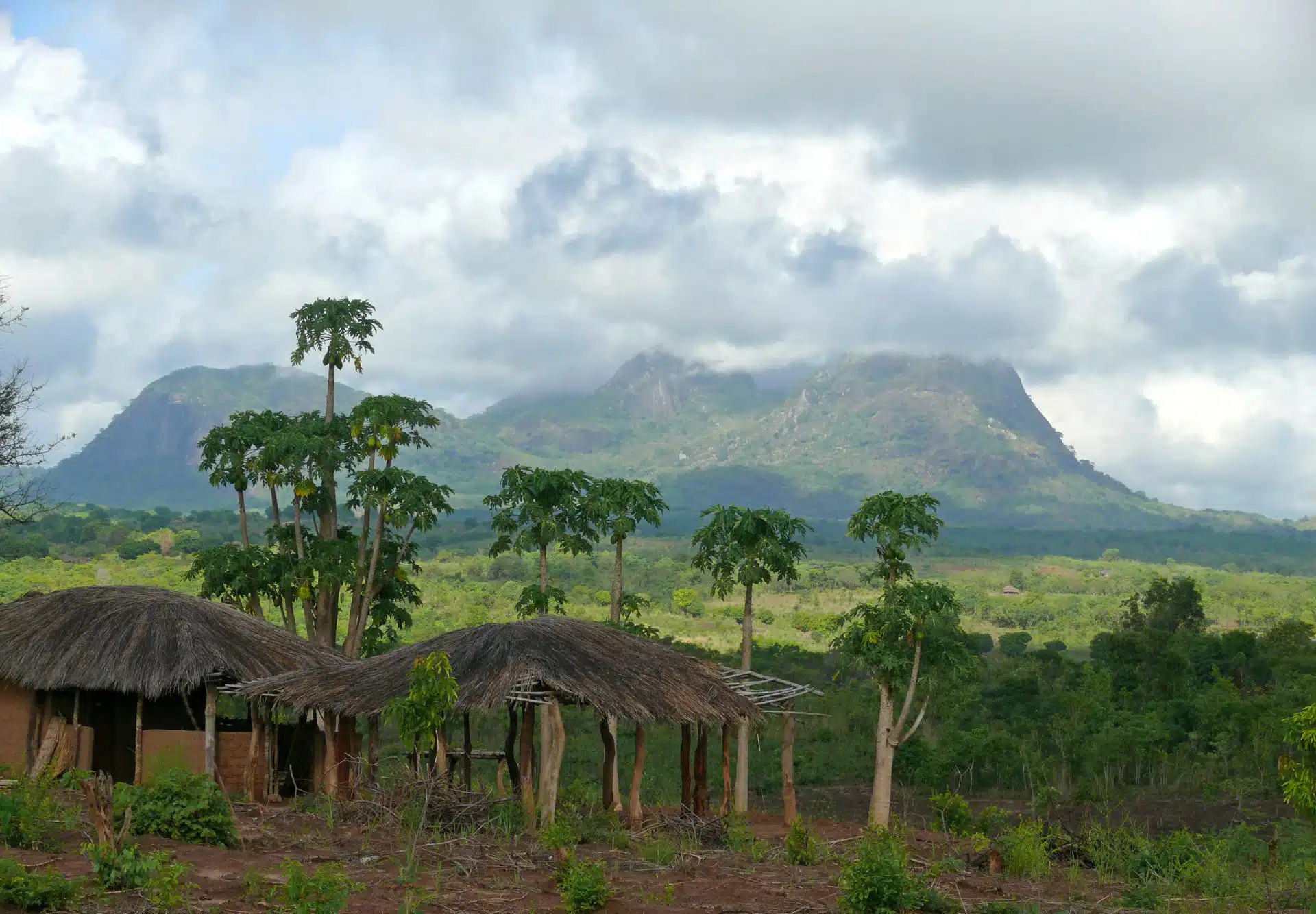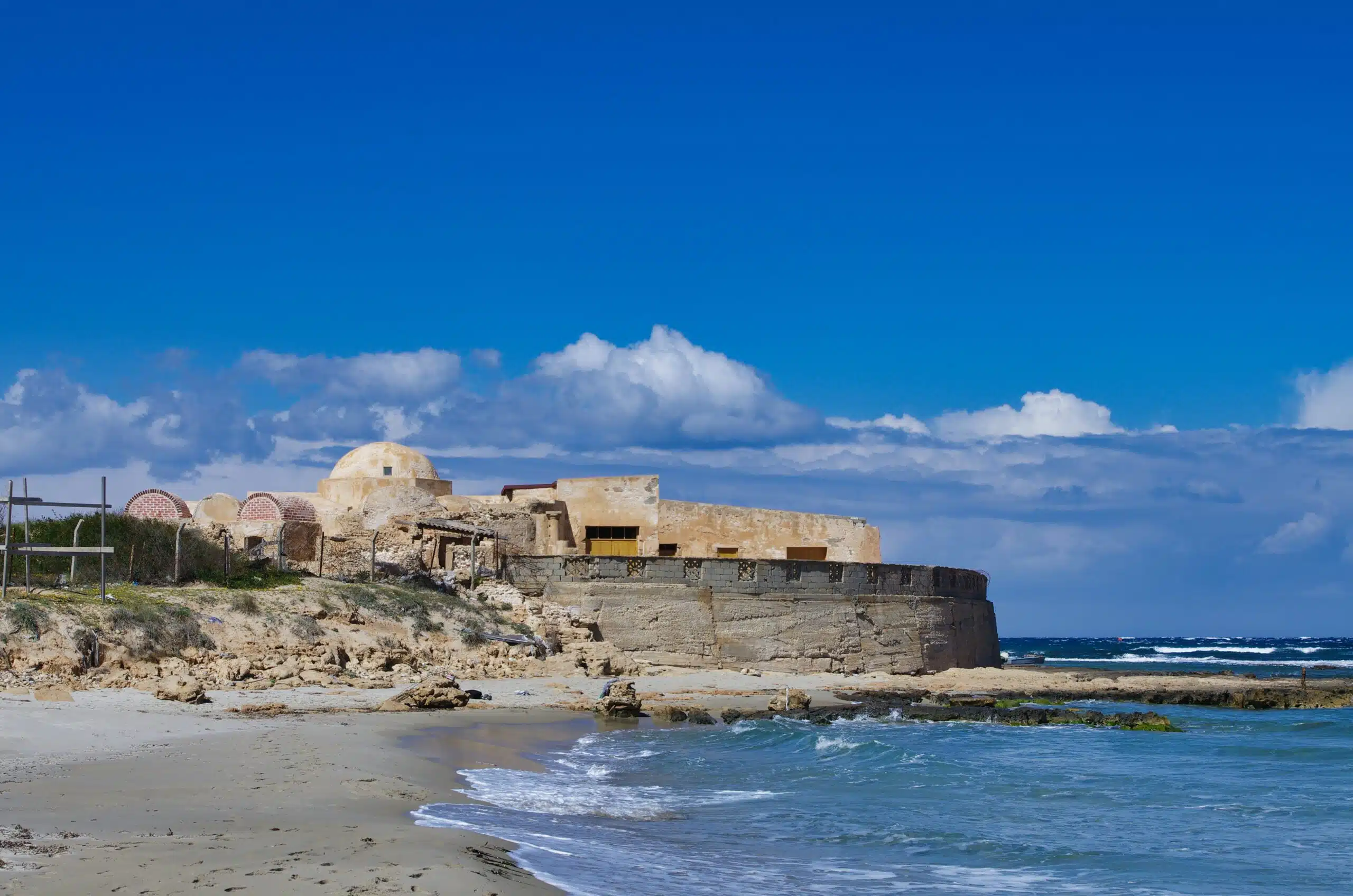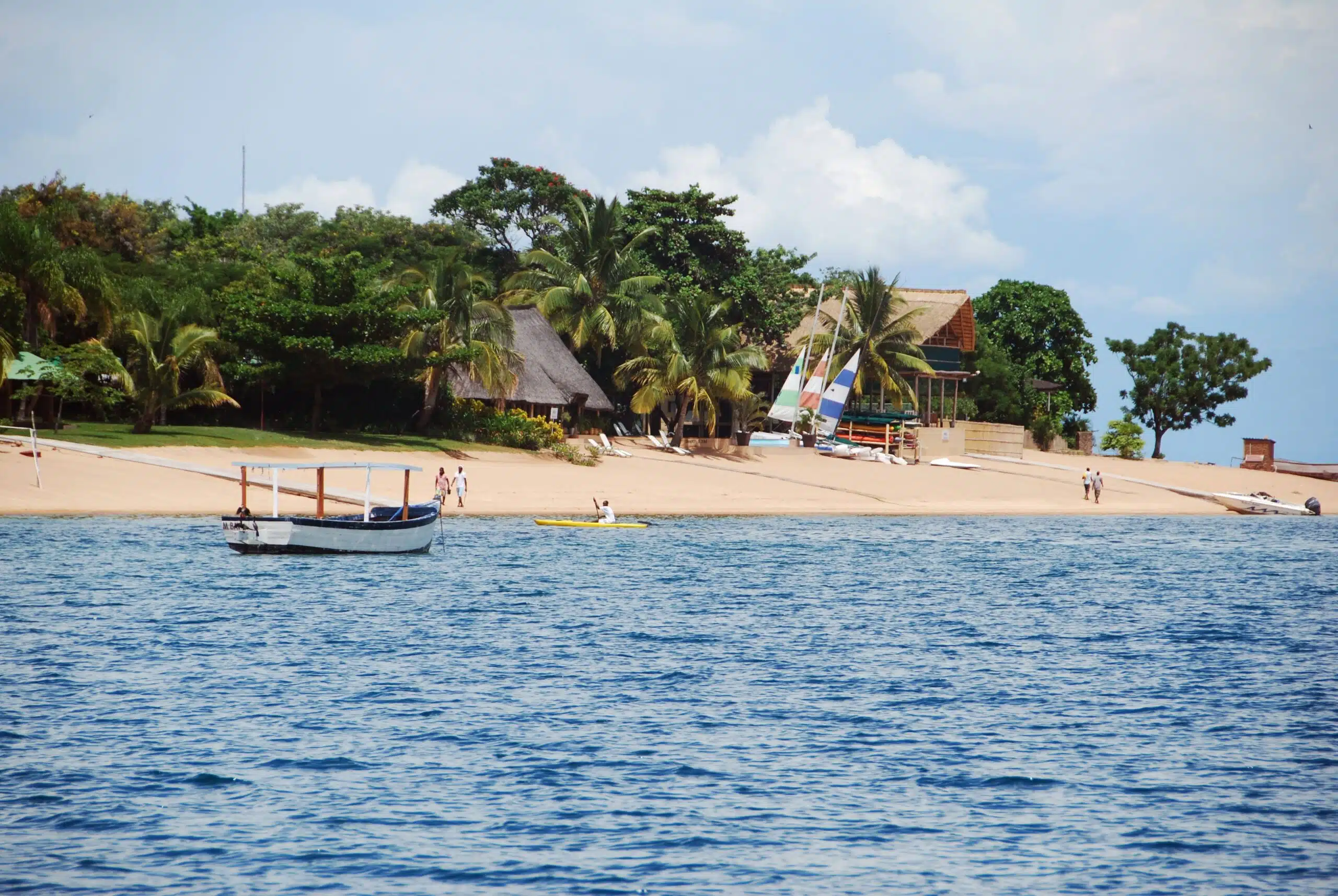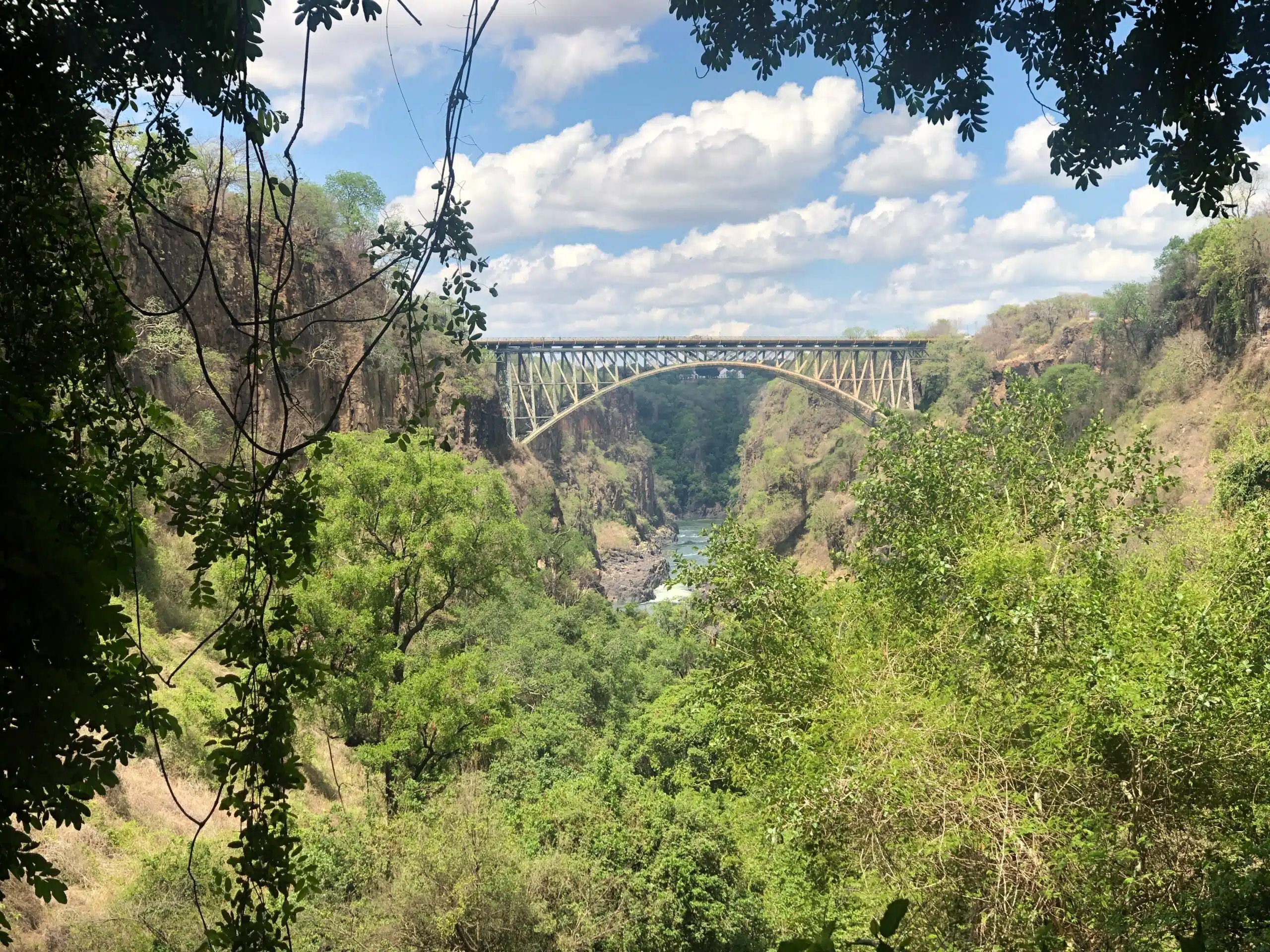Teach English In Nigeria
a world of opportunities
Join a global community of over 200,000 TEFL teachers working throughout the world! Enrol me!
Contents
Introduction
Teaching opportunities
Teaching requirements
Start your TEFL journey
How to begin teaching in Nigeria
Nigeria is big. Known as the ‘Giant of Africa’, it has a population of over 200 million people, making it the most populous country on the continent. With over 250 ethnic groups and more than 500 spoken languages, to say that Nigeria is diverse would be a gross understatement.
Nowhere can the sheer power of the country be seen more than in the capital Lagos, a city which pulsates with life, music and colour. Away from the cities, Nigeria has a lot to offer. Soak up some sun on tropical beaches, go for a hike and stay in beautiful mountain resorts, catch a glimpse of wildlife in national parks, or relax in warm springs.
Sadly, though, Nigeria has a high crime rate and has suffered from terrorist attacks, civil unrest and frequent kidnappings. Before travelling to Nigeria, check with government guidelines regarding travel and safety. Ethnic tensions within the country have been a cause for concern in certain parts of Nigeria for the last few years. Also, be aware that homosexuality is illegal in Nigeria.
The largest population in Africa, Nigeria is actually the 7th largest in the world, only behind the United States, China, Brazil, India, Pakistan and Indonesia. As a result Nigeria also boasts the largest economy in Africa with the 2019 International Monetary Funds estimated that the GDP of Nigeria makes the country the 23rd largest economy around the world.
With so many artistic and cultural influences. Nigeria is home to the third biggest film industry, Nollywood. With an output of 50 plus films a week Nollywood produces the second most amount of films per country behind India’s Bollywood film industry.
There have been changes in capital cities in Nigeria just over the last decade. Pre December 1991 Lagos was the capital city of Nigeria. A port city in which a lot of shipping resources arrived at. This was seen as a negative to the economy and in a strategy to improve the fortunes of the whole country the capital was moved to Abuja, which is located in the centre of Nigeria rather than the southwest port city of Lagos.
Teaching opportunities
Schools in Nigeria are in urgent need of qualified and skilled teachers, but you will need a teaching qualification to teach in a government school. Finding a position in an international school is easier but the teaching degree requirement stays the same. There are numerous charities, NGOs and organisations that are always on the lookout for English teachers on a volunteer basis.
Though volunteer positions may be unpaid, organisations usually provide a stipend to cover living costs. Salaries in government schools are not very high and payment may be sporadic but private schools do not have these problems. Often accommodation is included in your package because of the high cost of living in Nigeria.
Teaching requirements in Nigeria
Teaching English in Nigeria typically requires a BA/BS degree unless volunteering, with contracts lasting for 12 months. Peak hiring seasons occur year-round, with a particularly high demand for English teachers from May to September. Obtaining a work permit is necessary for obtaining a visa, and students typically range from children.
The average monthly cost of living in Nigeria ranges from 90,000 to 100,000 NGN, while the average monthly salary ranges from 200,000 to 450,000 NGN in local currency. With these factors in mind, teaching English in Nigeria can be a great opportunity for those interested in immersing themselves in the culture of West Africa while gaining international teaching experience.
Start your TEFL journey with The TEFL Academy
Would you like to teach English as a foreign language around the world? Great! You’re in the right place. The TEFL Academy provides the very best in accredited TEFL courses, meaning your qualification is recognised throughout the world. The TEFL Academy is the world’s leading TEFL course provider. We can help you acquire the skills needed to teach English as a foreign language. Check out our TEFL internships, volunteer placements and the thousands of jobs on our exclusive TEFL jobs board.
Contents
How to begin teaching in Nigeria
Nigeria is big. Known as the ‘Giant of Africa’, it has a population of over 200 million people, making it the most populous country on the continent. With over 250 ethnic groups and more than 500 spoken languages, to say that Nigeria is diverse would be a gross understatement.
Nowhere can the sheer power of the country be seen more than in the capital Lagos, a city which pulsates with life, music and colour. Away from the cities, Nigeria has a lot to offer. Soak up some sun on tropical beaches, go for a hike and stay in beautiful mountain resorts, catch a glimpse of wildlife in national parks, or relax in warm springs.
Sadly, though, Nigeria has a high crime rate and has suffered from terrorist attacks, civil unrest and frequent kidnappings. Before travelling to Nigeria, check with government guidelines regarding travel and safety. Ethnic tensions within the country have been a cause for concern in certain parts of Nigeria for the last few years. Also, be aware that homosexuality is illegal in Nigeria.
The largest population in Africa, Nigeria is actually the 7th largest in the world, only behind the United States, China, Brazil, India, Pakistan and Indonesia. As a result Nigeria also boasts the largest economy in Africa with the 2019 International Monetary Funds estimated that the GDP of Nigeria makes the country the 23rd largest economy around the world.
With so many artistic and cultural influences. Nigeria is home to the third biggest film industry, Nollywood. With an output of 50 plus films a week Nollywood produces the second most amount of films per country behind India’s Bollywood film industry.
There have been changes in capital cities in Nigeria just over the last decade. Pre December 1991 Lagos was the capital city of Nigeria. A port city in which a lot of shipping resources arrived at. This was seen as a negative to the economy and in a strategy to improve the fortunes of the whole country the capital was moved to Abuja, which is located in the centre of Nigeria rather than the southwest port city of Lagos.
Teaching opportunities
Schools in Nigeria are in urgent need of qualified and skilled teachers, but you will need a teaching qualification to teach in a government school. Finding a position in an international school is easier but the teaching degree requirement stays the same. There are numerous charities, NGOs and organisations that are always on the lookout for English teachers on a volunteer basis.
Though volunteer positions may be unpaid, organisations usually provide a stipend to cover living costs. Salaries in government schools are not very high and payment may be sporadic but private schools do not have these problems. Often accommodation is included in your package because of the high cost of living in Nigeria.
Teaching requirements in Nigeria
Teaching English in Nigeria typically requires a BA/BS degree unless volunteering, with contracts lasting for 12 months. Peak hiring seasons occur year-round, with a particularly high demand for English teachers from May to September. Obtaining a work permit is necessary for obtaining a visa, and students typically range from children.
The average monthly cost of living in Nigeria ranges from 90,000 to 100,000 NGN, while the average monthly salary ranges from 200,000 to 450,000 NGN in local currency. With these factors in mind, teaching English in Nigeria can be a great opportunity for those interested in immersing themselves in the culture of West Africa while gaining international teaching experience.
Start your TEFL journey with The TEFL Academy
Would you like to teach English as a foreign language around the world? Great! You’re in the right place. The TEFL Academy provides the very best in accredited TEFL courses, meaning your qualification is recognised throughout the world. The TEFL Academy is the world’s leading TEFL course provider. We can help you acquire the skills needed to teach English as a foreign language. Check out our TEFL internships, volunteer placements and the thousands of jobs on our exclusive TEFL jobs board.

Download the World TEFL Factbook
We have created a unique TEFL World Factbook of teaching abroad guides in over 100 countries to help TEFL teachers decide where in the world to teach English. Each country profile outlines everything a TEFL teacher would need to know including average pay, living costs, working environments and even the weather!
Download TEFL Factbook
Other Places In Africa
View AllTeach English Abroad Articles
View All-
 Teacher's Toolkit
Teacher's ToolkitHow do Adults Learn Foreign Languages: How to Teach English to Adults
2024-11-15
-
 Resources
ResourcesHow to Learn the Local Language
2024-11-07
-
 Teach and Travel
Teach and TravelImmersion Learning Explained: How to Make the Most of the Learning and Teaching Experience
2024-11-05
-
 Resources
ResourcesHalloween Around the World and in the EFL Classroom
2024-10-31
-
 Resources
ResourcesFrom Bliss to Blahs: Navigating Post-Vacation Depression with Ease
2024-10-30
-
 Resources
ResourcesTEFL 101: Must-Know TEFL Terms for Every English Teacher’s Toolkit
2024-10-29
 United States
US
United States
US


































